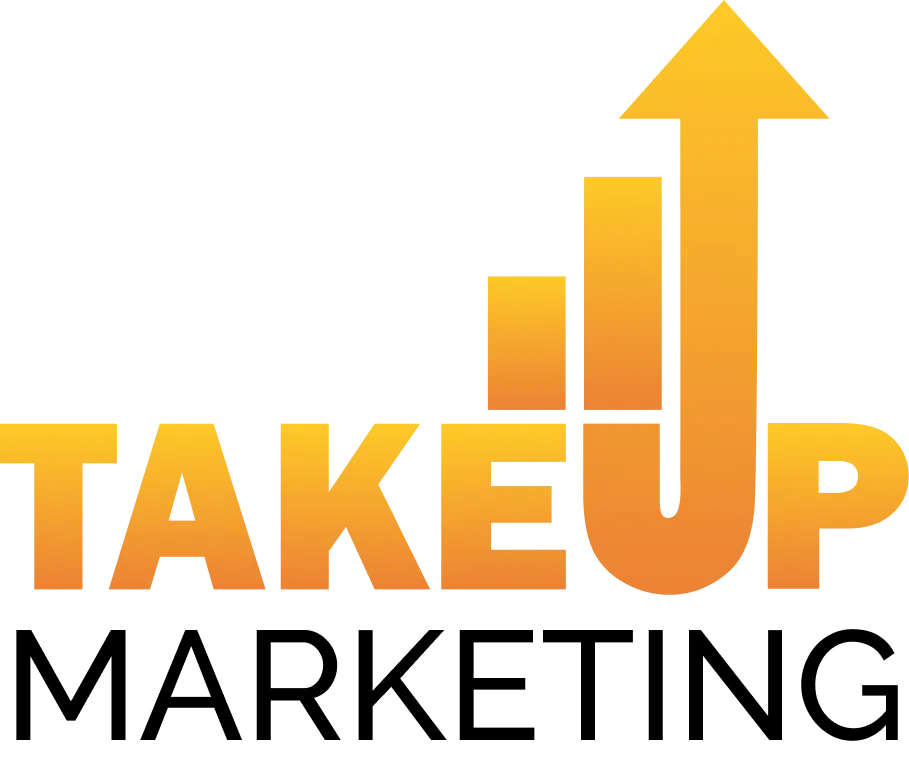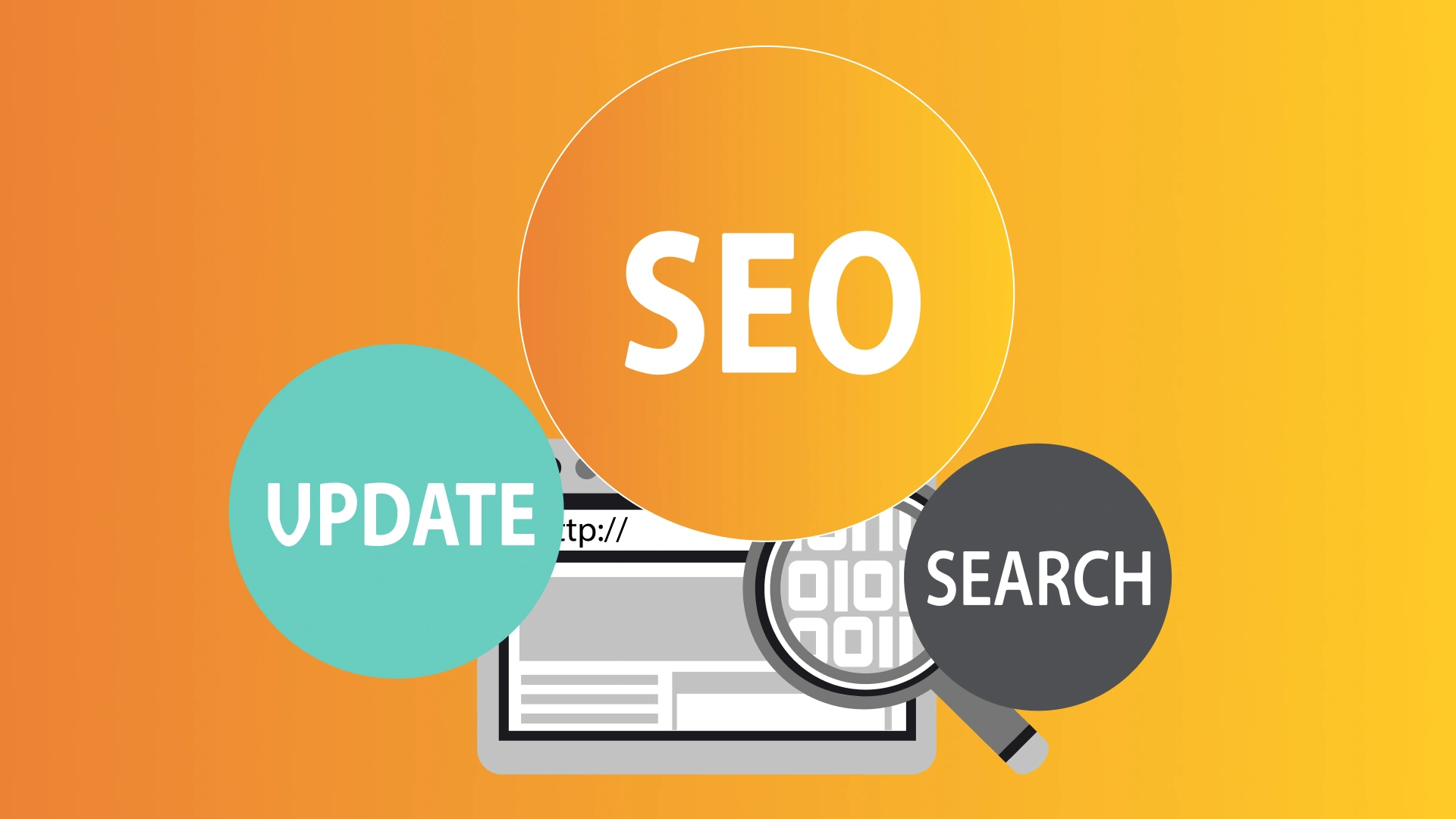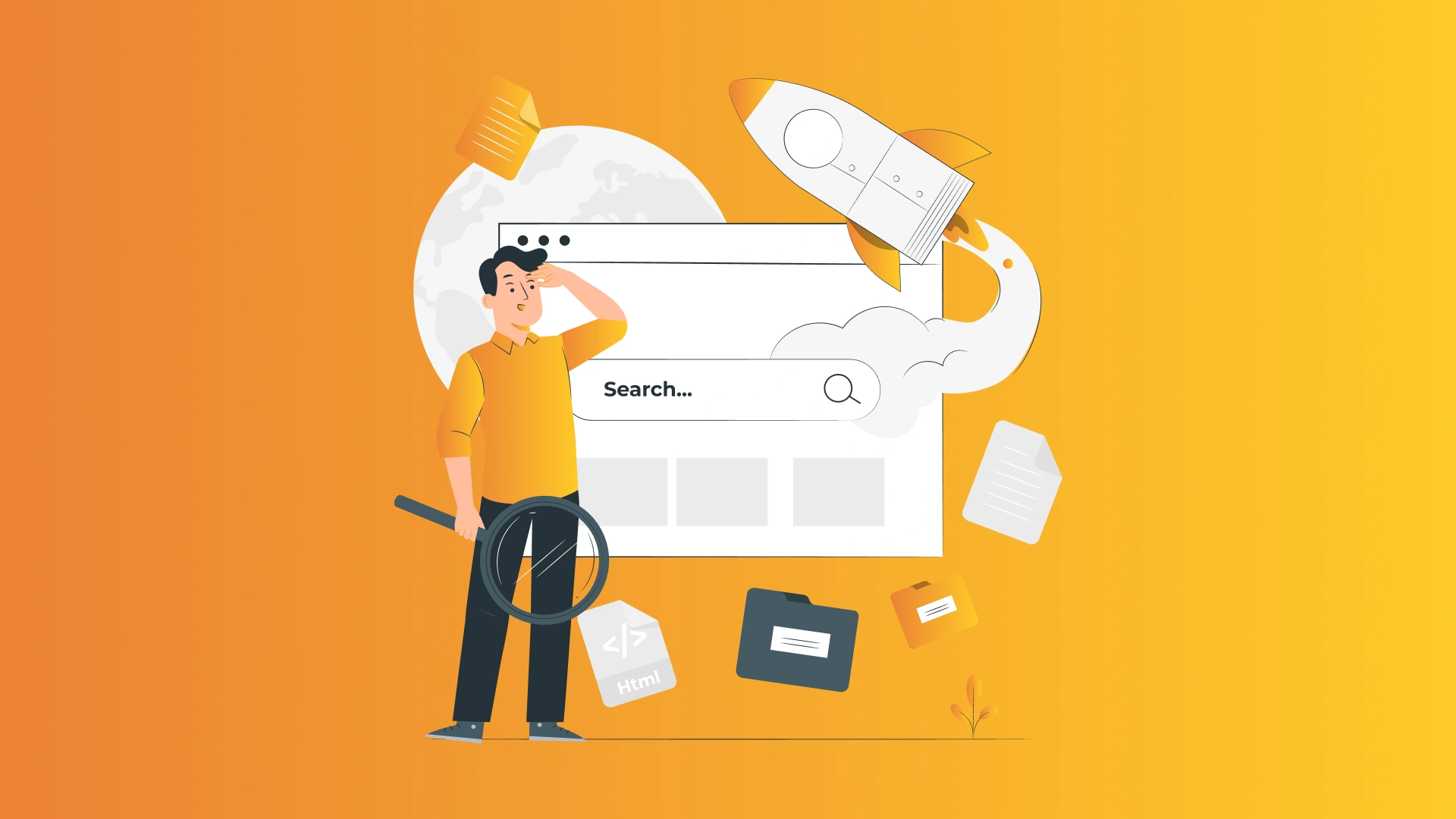Choosing the right type of website for your business, personal brand, or project is an essential step in building a strong online presence. With countless options available, it can be challenging to determine which website best suits your goals, audience, and resources. Whether you’re launching a small business, showcasing a creative portfolio, or building an online store, the type of website you choose should align with your objectives and help you achieve success.
This guide will explore the various types of websites, outlining their key features, benefits, and the purposes they serve. Understanding these website types will help you make an informed decision on which one fits your specific needs.
1. Business Website
A business website is the digital face of your company. It serves as a central platform to provide information about your products, services, and the overall mission of your brand. A well-designed business website not only informs potential customers but also establishes credibility and trust.
Key Features
- Homepage: Overview of the company and its offerings.
- Product/Service Pages: Detailed descriptions of what you provide.
- About Us Page: Information about your company’s values, history, and team.
- Contact Us Page: Forms, phone numbers, and location maps for customer inquiries.
- Blog Section (optional): A place to share company news, updates, or industry insights.
Ideal For
- Small businesses looking to establish an online presence.
- Medium to large enterprises wanting a professional digital presence.
- Service providers seeking to promote their offerings and generate leads.
A business website is one of the most fundamental types of websites for any company. It provides the necessary information that visitors need to learn about your products or services. It’s also a valuable tool for capturing leads and converting visitors into customers through effective calls to action.
2. E-Commerce Website
An e-commerce website is a platform designed specifically for buying and selling products or services online. This type of website includes features like shopping carts, secure payment systems, and product listings. With the rapid growth of online shopping, e-commerce websites are essential for businesses that sell physical or digital goods.
Key Features
- Product Catalogs: Organized listings of products with images, descriptions, and prices.
- Shopping Cart: A feature that allows users to add items for purchase.
- Checkout Process: A secure, streamlined way for users to complete purchases.
- Payment Gateway Integration: Systems for accepting payments (PayPal, credit cards, etc.).
- Inventory Management: Tools for tracking stock levels and handling back-end operations.
Ideal For
- Retail businesses or entrepreneurs selling products online.
- Companies that wish to expand their reach to global markets.
- Service-based businesses offering online booking or subscriptions.
E-commerce websites are designed for businesses that want to conduct transactions directly on the web. They help provide a seamless shopping experience for customers while allowing businesses to track sales and inventory easily. Whether you’re selling a single product or thousands, an e-commerce website is essential to running an online store.
3. Portfolio Website
A portfolio website is a personal or professional website used to showcase an individual’s work, especially for creatives like designers, artists, writers, and photographers. This type of website highlights your skills, projects, and accomplishments, making it easier for potential clients or employers to review your work and contact you.
Key Features
- Portfolio Galleries: Organized collections of your work (images, videos, or projects).
- About Me Section: Background information on your skills and experience.
- Contact Information or Form: Easy ways for potential clients or employers to reach you.
- Testimonials or Client Reviews: Social proof to establish credibility.
Ideal For
- Freelancers, artists, photographers, or anyone in a creative industry.
- Individuals looking for new job opportunities or freelance gigs.
- Agencies or professionals looking to showcase their work to potential clients.
A portfolio website serves as a visual résumé, allowing you to present your best work in a format that’s both appealing and accessible. It’s particularly useful for individuals whose work is visual, as it gives you a platform to highlight your skills and projects in a highly professional manner.
4. Blog or Personal Website
A blog or personal website allows individuals to share their thoughts, ideas, experiences, and expertise. Whether it’s a hobby, personal brand, or educational content, this type of website provides a space for creating content that can engage and attract a community of followers. Personal websites can also include portfolios, resumes, or an “About Me” section to build a personal brand.
Key Features
- Regularly Updated Content: Articles, posts, videos, or other types of content.
- Comment Sections: For user engagement and discussions.
- Social Media Links: Connect your blog to your social media profiles.
- Email Newsletter Signup: Keep readers engaged with regular updates.
Ideal For
- Writers, influencers, or individuals interested in personal branding.
- Those who want to build an online community or following.
- Businesses or individuals looking to establish thought leadership in their industry.
Blogs are an excellent way to engage with an audience, share knowledge, and even monetize your content. Whether you’re writing about a hobby, career, or personal interest, a blog website gives you the tools to connect with a broad audience, build your brand, and even generate income through ads or affiliate marketing.
5. Landing Page
A landing page is a single-page website typically designed with one specific goal in mind, such as capturing leads, promoting a product, or encouraging a particular action. Landing pages are often used in marketing campaigns, such as email marketing, social media ads, or paid search campaigns, where the goal is to convert visitors into leads or customers.
Key Features
- Headline: Captures attention and introduces the offer or product.
- Call-to-Action (CTA): A single, focused action that you want users to take (e.g., “Sign Up Now” or “Buy Now”).
- Lead Capture Form: A form to collect visitor information like email addresses or phone numbers.
- Minimal Navigation: Keeps users focused on the offer without distractions.
Ideal For
- Marketing campaigns, product launches, or seasonal promotions.
- Collecting sign-ups for newsletters, webinars, or free trials.
- Businesses offering limited-time promotions or offers.
Landing pages are designed for simplicity and conversion. They are optimized to guide the user towards a single action and minimize distractions, making them highly effective for campaign-driven efforts. Whether you’re promoting a special offer or collecting leads for future marketing, a well-designed landing page can boost your conversion rates significantly.
6. Nonprofit Website
A nonprofit website serves as the digital presence for nonprofit organizations, charities, or causes. These websites are designed to educate the public about a specific cause, encourage donations, and promote volunteer opportunities. Nonprofit websites are vital for building awareness, gathering support, and connecting with people who care about the cause.
Key Features
- Mission Statement: Clearly explains the organization’s goals and values.
- Donation Forms: Allows visitors to make contributions online.
- Event Pages: Lists upcoming fundraising events, meetings, or rallies.
- Volunteer Opportunities: Information on how people can get involved and contribute.
- Success Stories or Testimonials: Showcases the impact of donations or volunteer efforts.
Ideal For
- Charities, nonprofit organizations, or community-based causes.
- Businesses or individuals looking to spread awareness about specific social issues.
- Fundraising or event-driven organizations seeking community support.
Nonprofit websites are designed to communicate your organization’s values, encourage action, and provide a way for people to support your mission. Whether it’s through donations, volunteer work, or simply raising awareness, a nonprofit website helps build connections and foster a sense of community.
7. Educational Website or E-Learning Platform
An educational website or e-learning platform is designed to deliver learning materials, courses, and resources to students or participants. These websites can be used by schools, universities, trainers, or independent instructors to offer online courses, webinars, tutorials, and learning modules.
Key Features
- Course Listings and Descriptions: Information on available courses or training sessions.
- Interactive Learning Modules: Videos, quizzes, and assignments to engage students.
- Student Dashboard: Tracks learning progress, grades, and course completion.
- Payment Gateway: For paid courses, certifications, or subscriptions.
Ideal For
- Educational institutions offering online learning.
- Independent instructors or experts creating and selling courses.
- Corporate training programs or certification courses.
E-learning platforms are increasingly popular due to the flexibility they offer in terms of location and timing. Whether you’re creating online courses for a global audience or providing a platform for universities and schools, an educational website helps you deliver knowledge effectively.
Conclusion: Choosing the Right Website Type
Understanding the different types of websites available can help you make a more informed decision when building your online presence. Each type of website serves a unique purpose, whether it’s showcasing your business, selling products, building a portfolio, or offering educational content.
At TakeUp Marketing, we specialize in helping businesses and individuals choose and develop the right website for their specific needs. Our team of web developers and designers can guide you through the process, ensuring your website not only meets your goals but also delivers a seamless experience for your users.
By carefully considering your business or personal objectives, you can choose the website that best aligns with your needs, helping you succeed online. Ready to get started? Contact TakeUp Marketing today to discuss your website project.






